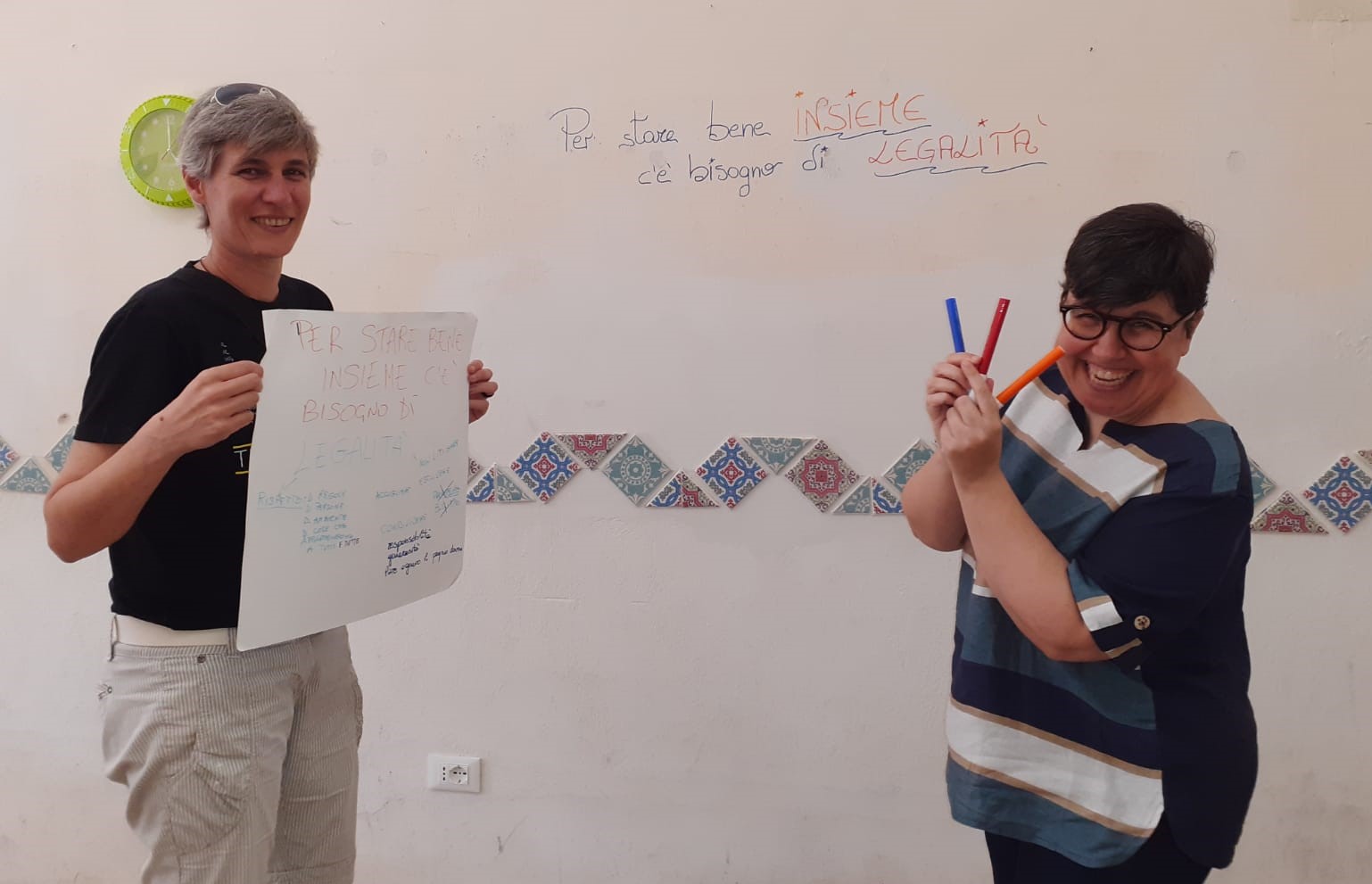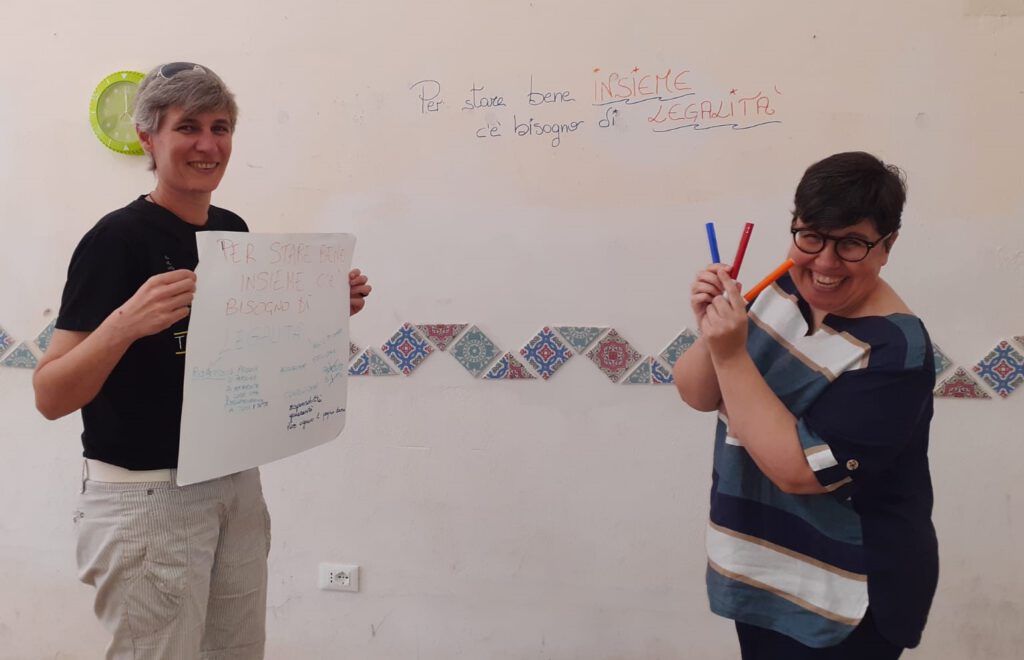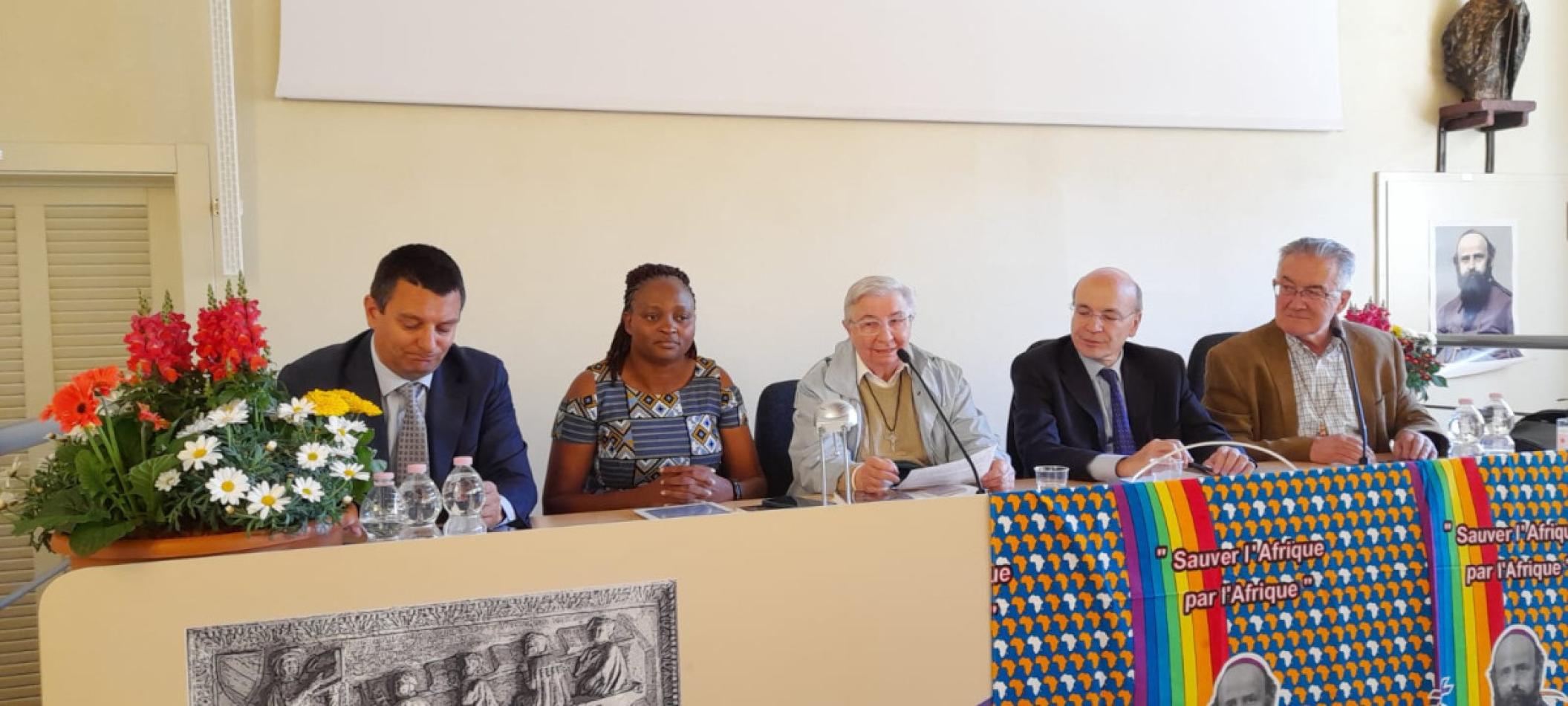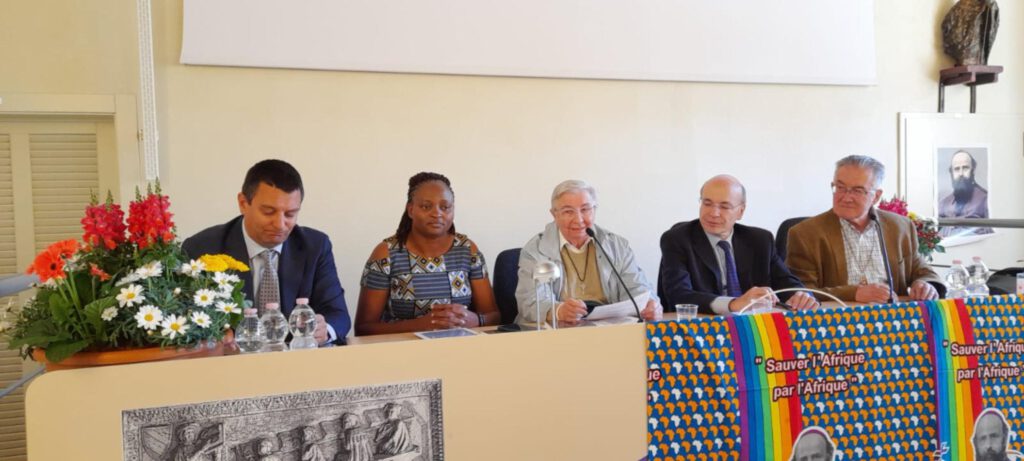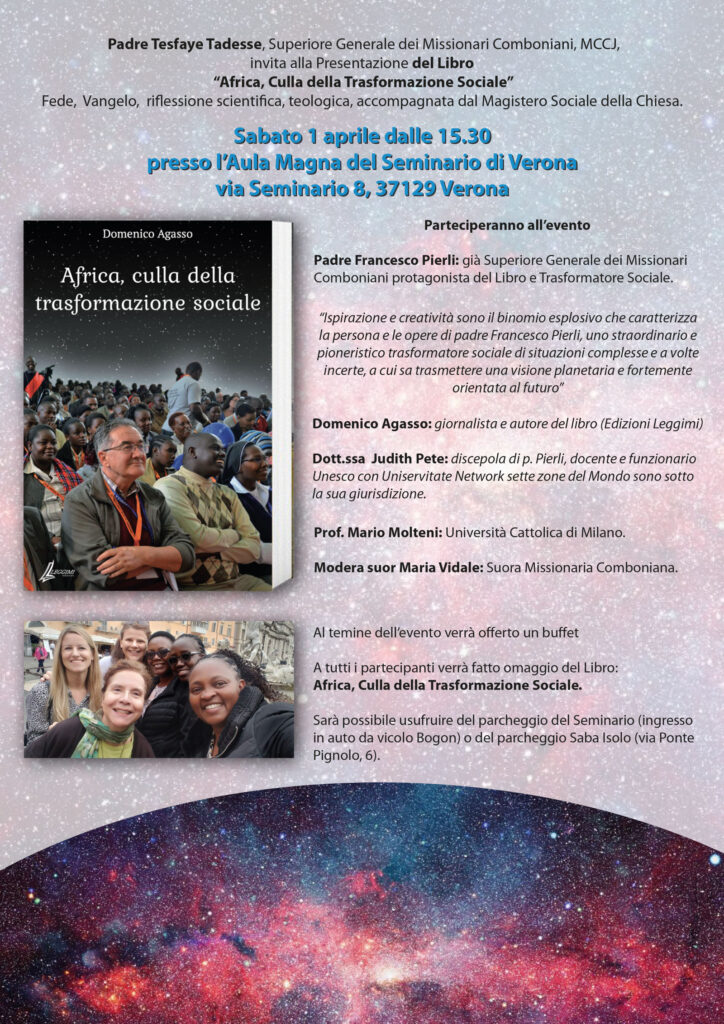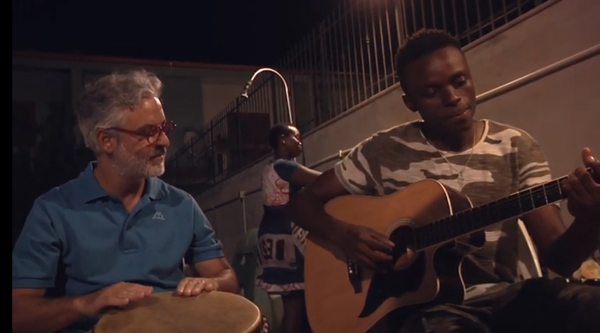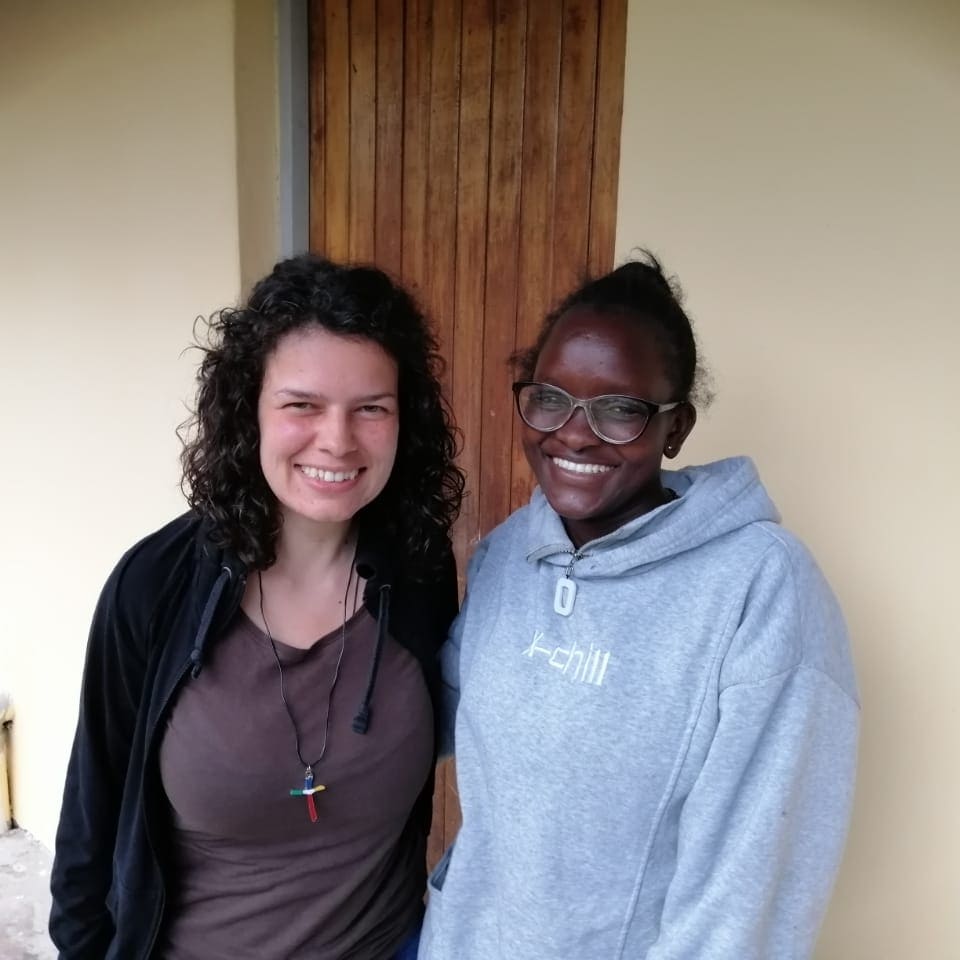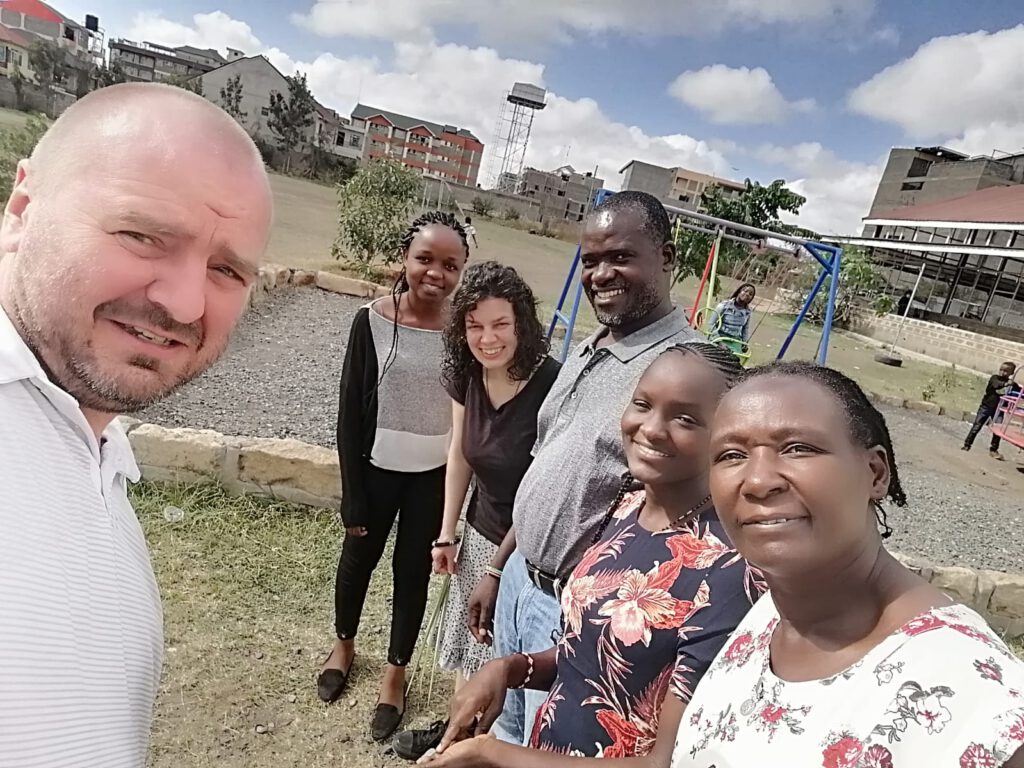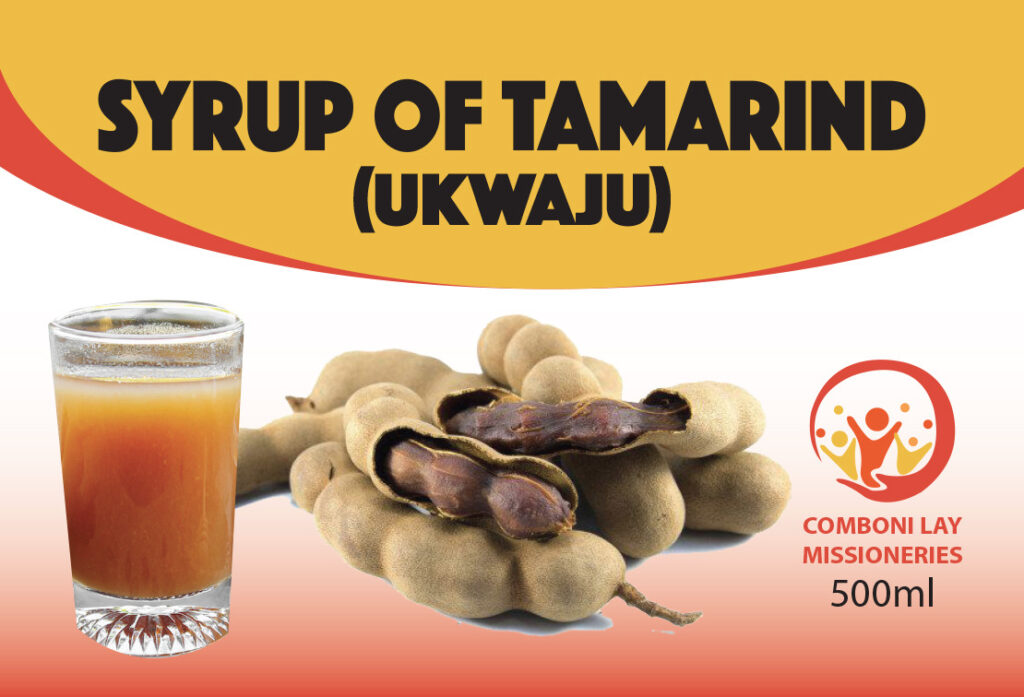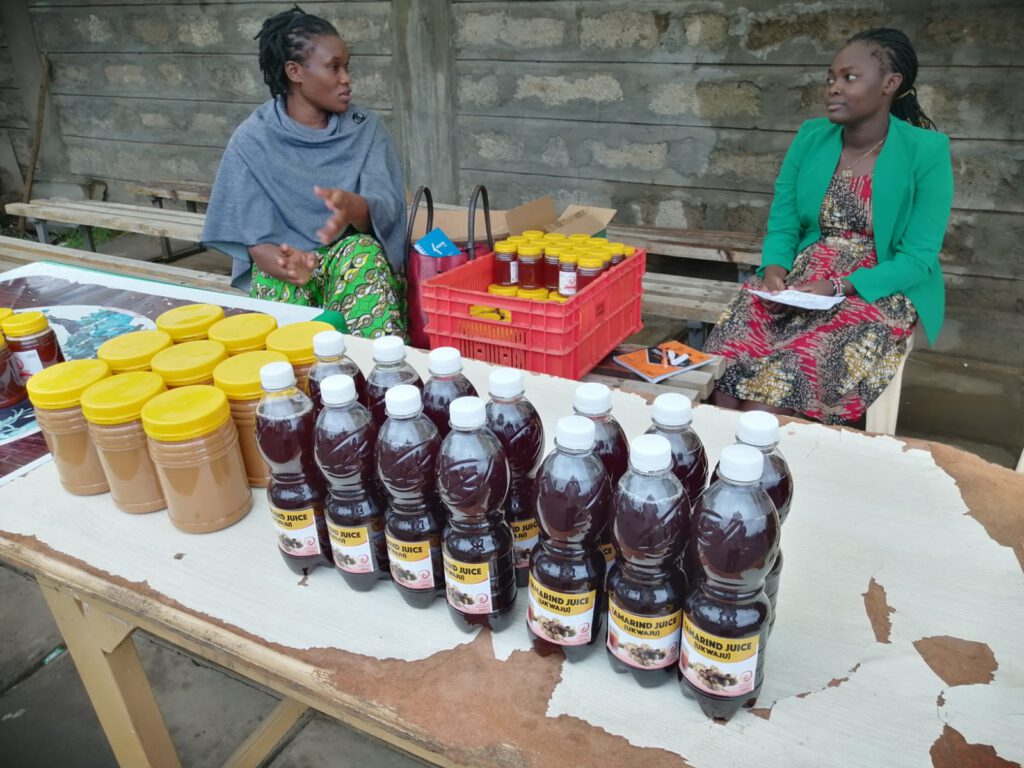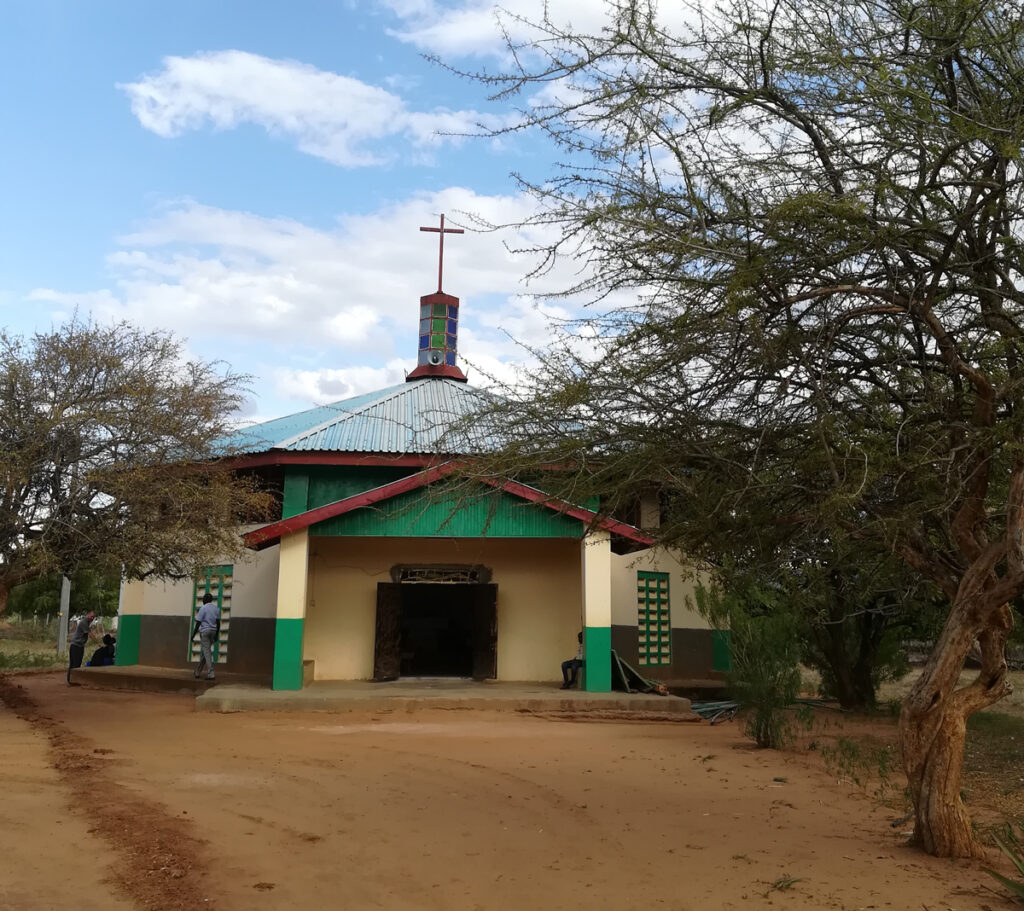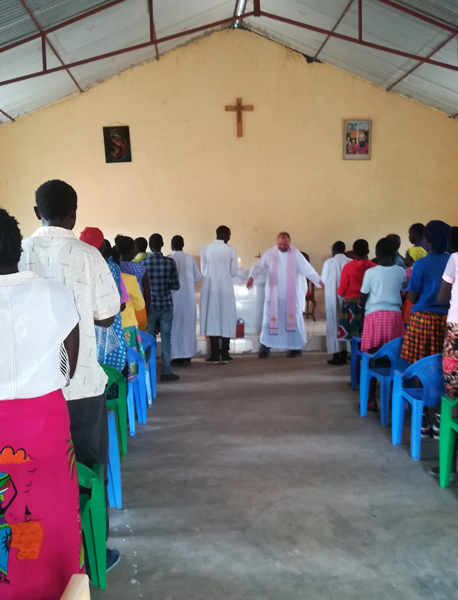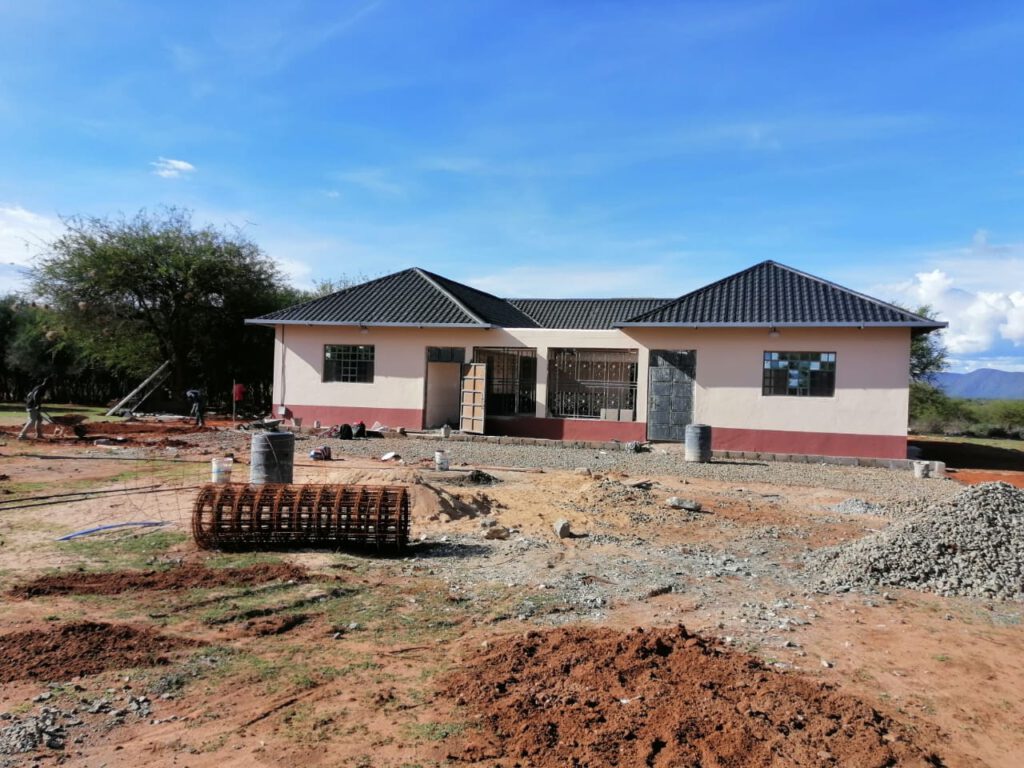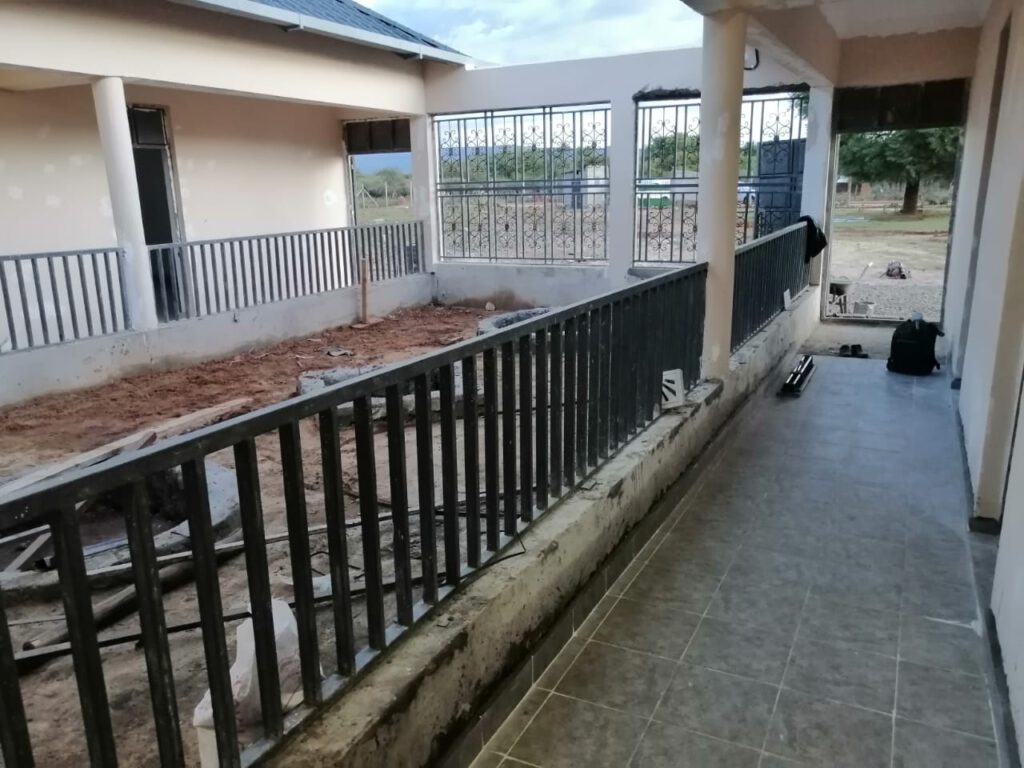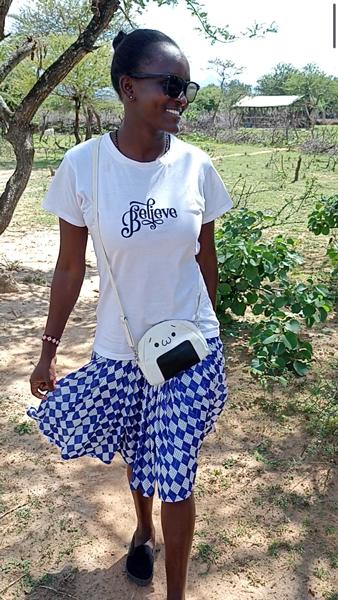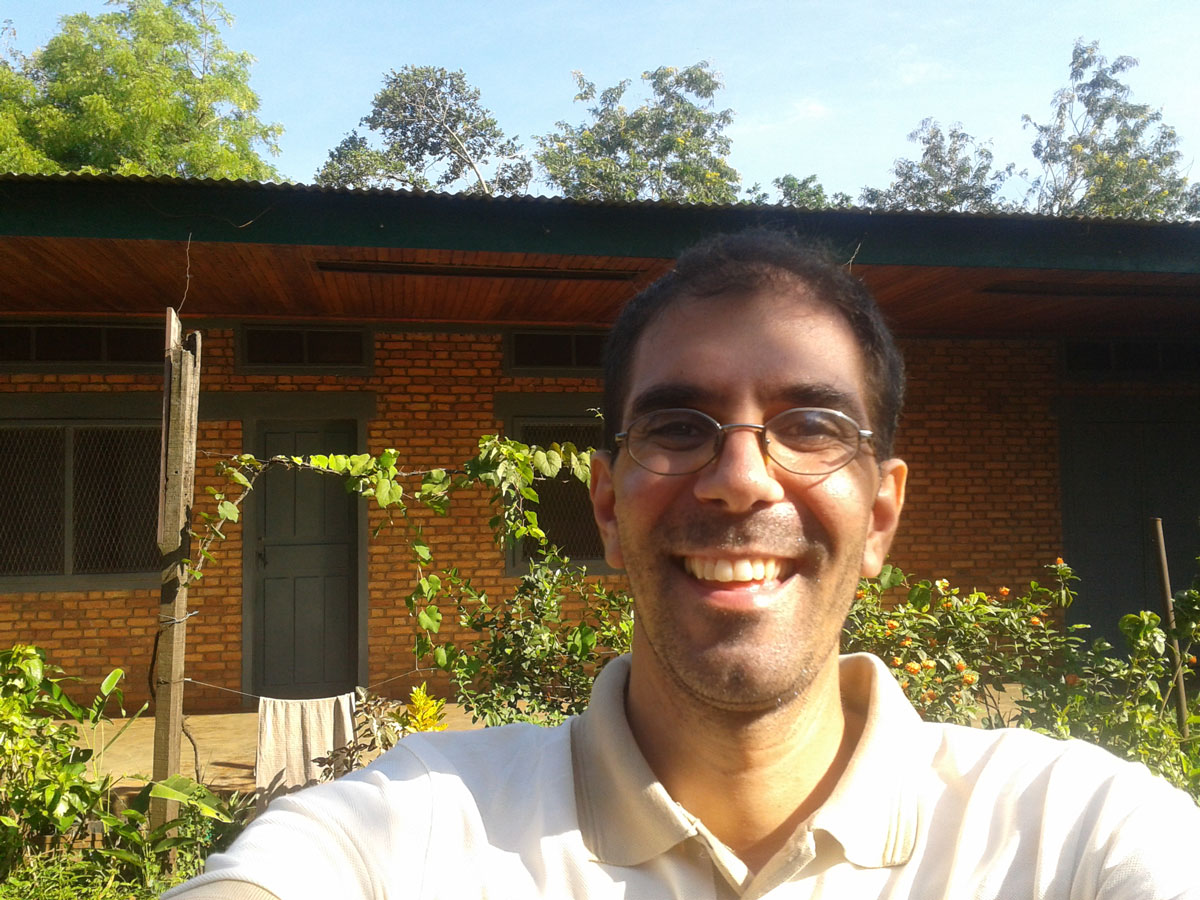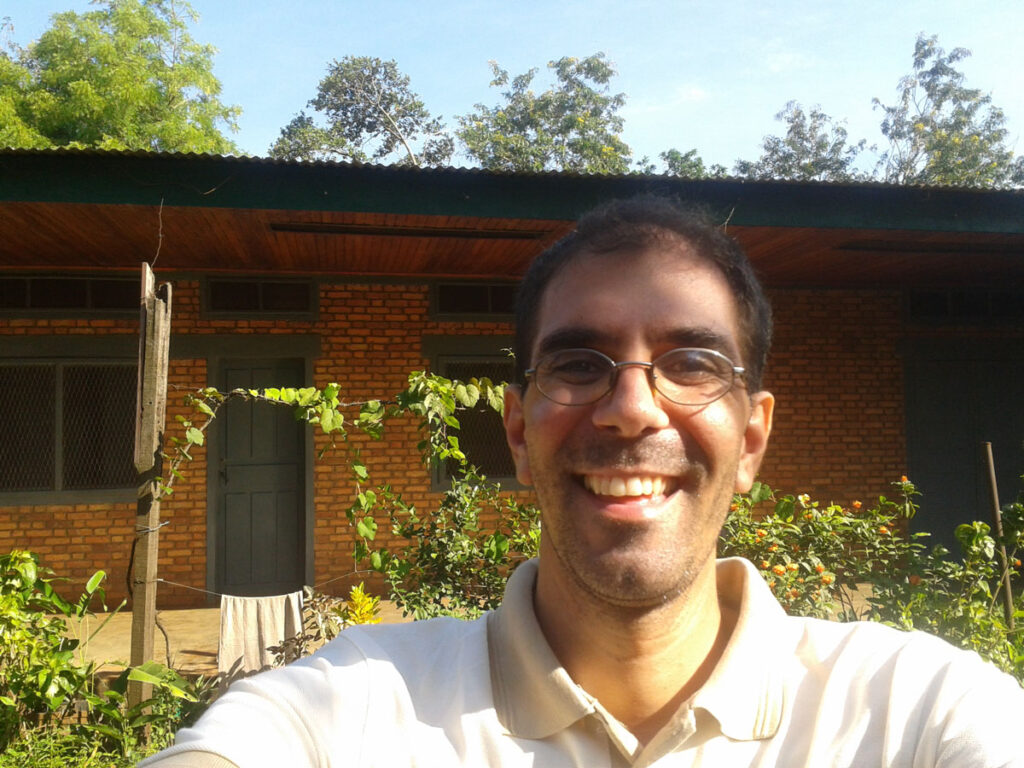Hello everyone,
We are Ilaria and Federica, two Comboni lay missionaries belonging to the local group of Verona (Italy). We are here to tell about ourselves, not so much because of what we do, but to share the joy and beauty of participating in the life of this world despite its contradictions and difficulties. We live to express how much humanity in the everyday can be found wherever we go, embracing every brother in the Living God: He allows Himself to be encountered precisely in the most marginalized, the loneliest.
After a missionary experience in Uganda, we felt a deeper call that made us want to orient and dedicate our whole existence in a missionary life.
By chance, or rather through various God-coincidences, we met Fr. Eliseo, a Comboni priest and superior of the Motherhouse in Verona. From this meeting began a new Combonian journey in which so many questions and so many previous pieces, began to take life, form and answer precisely in this Family with which we rediscover the values in which we strongly believe, of an outgoing and universal Church that welcomes everyone but especially the last.
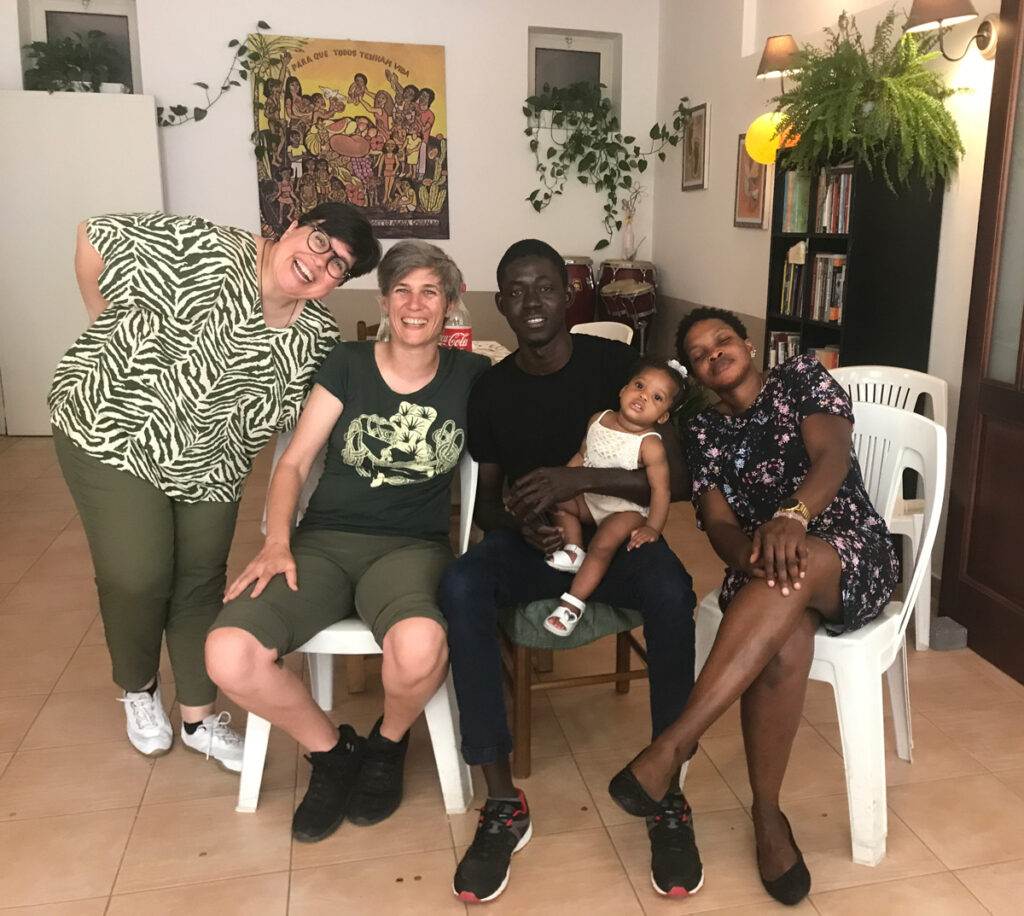
In this journey of knowledge, of life, we are also very grateful to the brothers/sisters of the local group of Verona; with them the journey in the Comboni charism becomes concrete in many initiatives of sharing, of participation in the local missionary life, of growth on a human, spiritual, social and faith level.
All this led us to mature the decision to train for an upcoming departure in an international Combonian lay mission, and for this reason we now find ourselves completing our formation by sharing a few months in a Comboni lay missionary community called “La Zattera,” Migrantes Second Reception Center, in Palermo.
The community is made up of a married couple Tony Scardamaglia and Dorotea Passantino and a woman Maria Montana, who 15 years ago had the intuition to create and personally experience welcoming migrants. Our daily life in addition to being enriched by sharing with their presence is also shared with 8 immigrants who live here. Daily life, which for them is a continuous conquest in the field of recognition of rights, becomes for us a school of formation to different cultures, to many “sacred” stories that enrich our daily life and make it special.
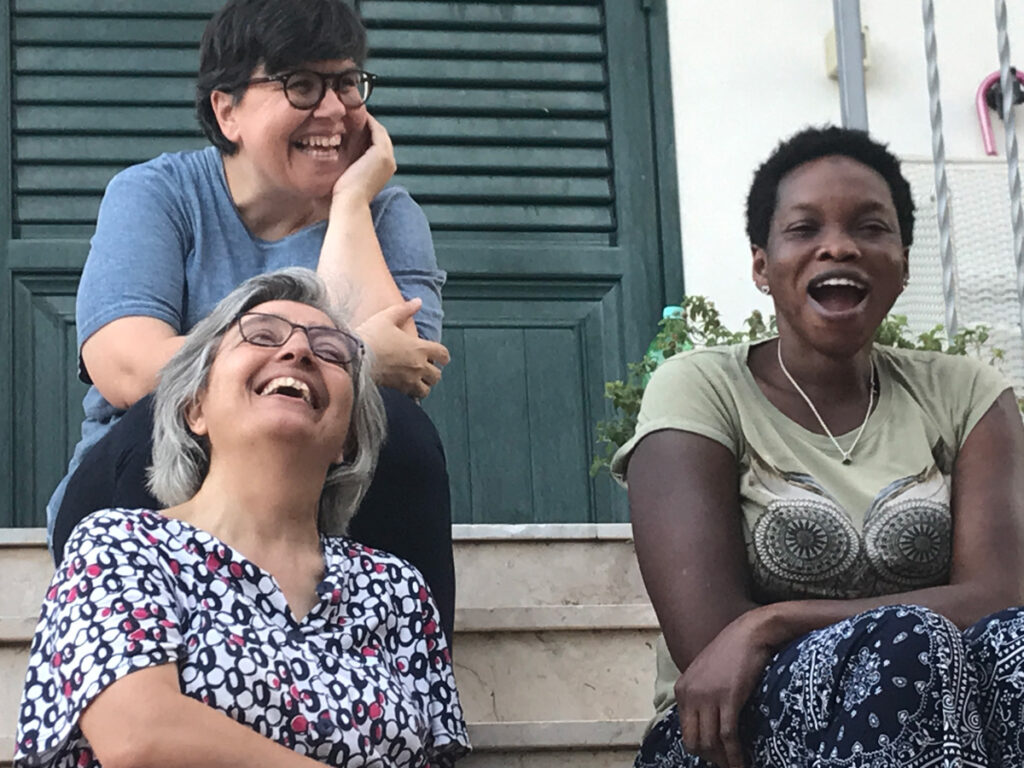
Our service then for a few days a week is dedicated to Centro Astalli, a voluntary association for the defense of rights, integration and inclusion of non-EU immigrants, refugees and asylum seekers where all services offered to users are first and second reception. For both of these realities, words are really little compared to fully experiencing all aspects of them. It is difficult to explain in a few lines the beauty that we experience and share with them every day; surely we understand that it is a great gift that we are receiving.
We have been here since mid-April and every day we try to live and grasp the Lord who passes through the daily gestures, in their faces and in the stories of their history. We have to say that Palermo is really amazing us, it is incredibly beautiful but not only the city, especially the people who represent it. From the first day we arrived, the welcome, passion and desire to help sets them apart. There is still very much a sense of helping each other here, a sense of belonging to a family, a sense of always living with an open heart for everyone. The local people really do their best to make you love this land of a thousand flavors.
In addition to this, we also met and shared a few moments with the Comboni fathers who are in the parish located in the Santa Lucia area and with the Comboni sisters who instead live in the parish of Nicola di Bari in the heart of the Ballarò neighborhood.
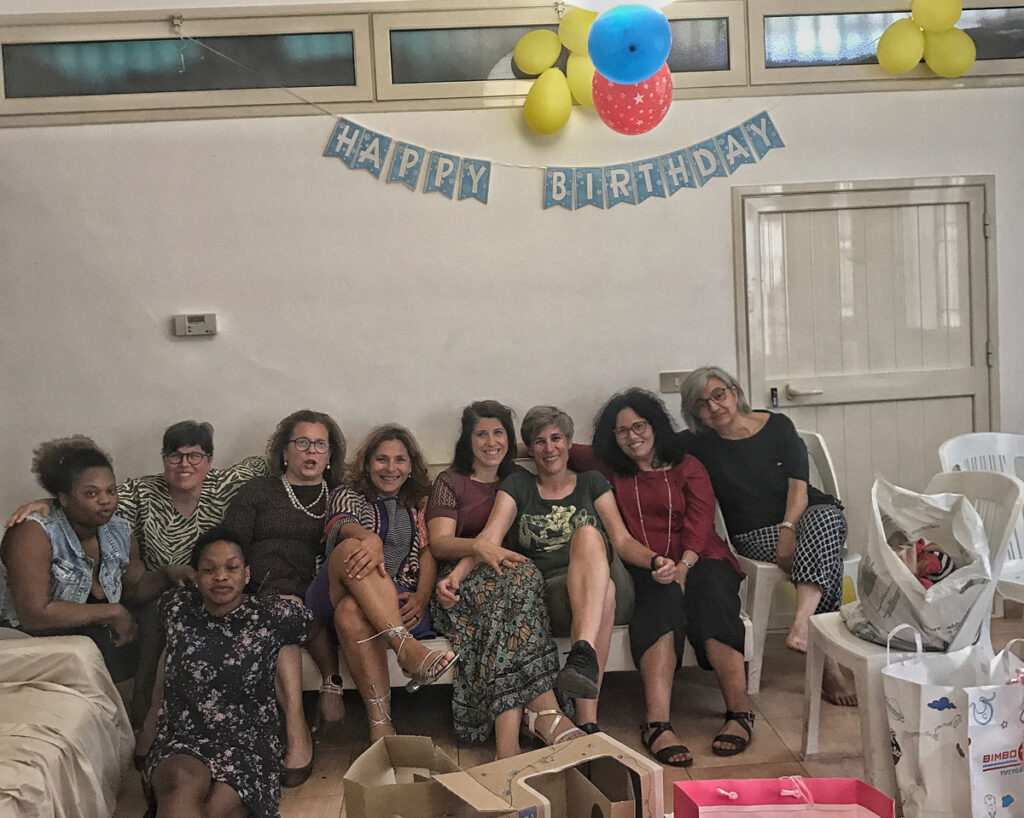
Our days are never the same, they are always open to a thousand changes, to the encounter with the Other by living in the here and now what the day offers you in complete gratuity and fullness.
We would also like to share a reflection that struck us a lot and that we believe can accompany us on whatever we do in our lives. It is a phrase by Don Tonino Bello: “Give others the true image of the Church: that is, people who welcome one another, who sympathize with one another, who are not liars, who have the language of transparency, who do not disguise things or disguise their person.”
We experience more and more that in order to change this hostile time, it is necessary for each person, in his or her own small way, to always take a step toward each other even when it costs so much, but it is indispensable to always take a step forward. We always believe that sharing with others leads to achieve unthinkable things in everyone’s life, that is why our dream of going out on mission and sharing we want it to be everyone’s, and everyone in his or her own small way to feel a part of that Church that is Everyone’s in its simplicity, transparency and in welcoming everyone.
We believe in it so much and we will never stop witnessing and trying to live it so that life and dignity will not be denied to anyone.
Thank you to those who gave us the opportunity to be able to share what we believe in and live.
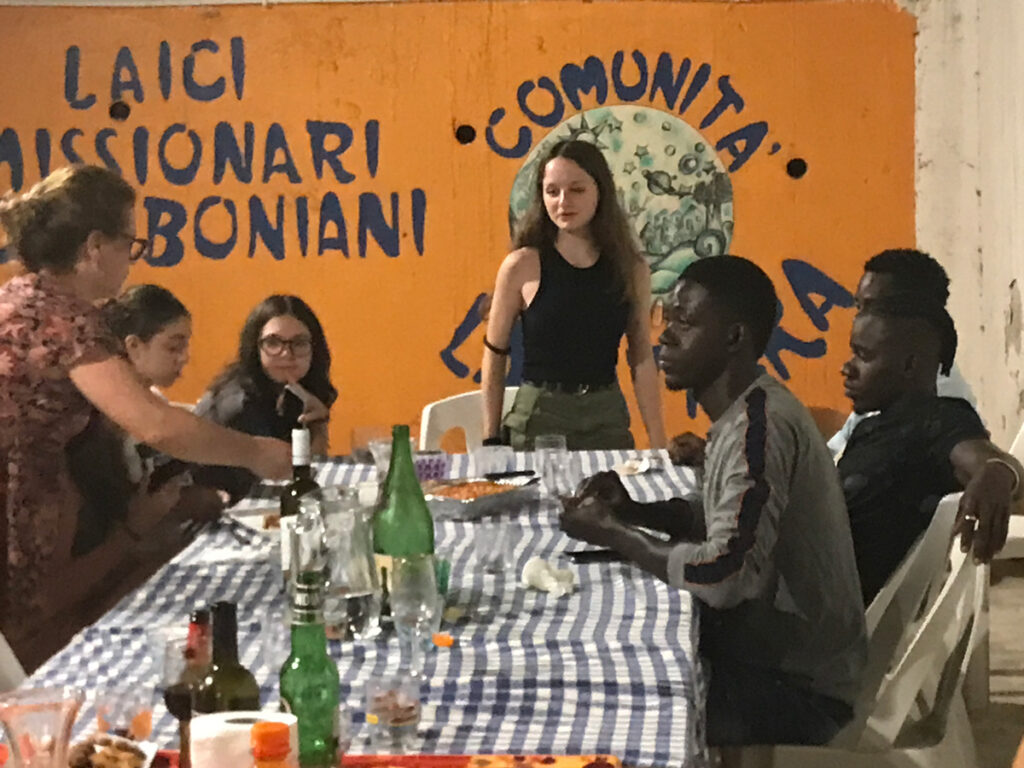
If you want you can follow us on social where you will find all the ways to contact us and also become part of the future mission, goodness and this beautiful extended Combonian family.
Until next time, with many unexpected news and let us always be led by the Spirit!!!!!! Peace and joy.
Ilaria and Federica
Follow us on Facebook page and Instagram at the following: Ilaria and Federica LMC




